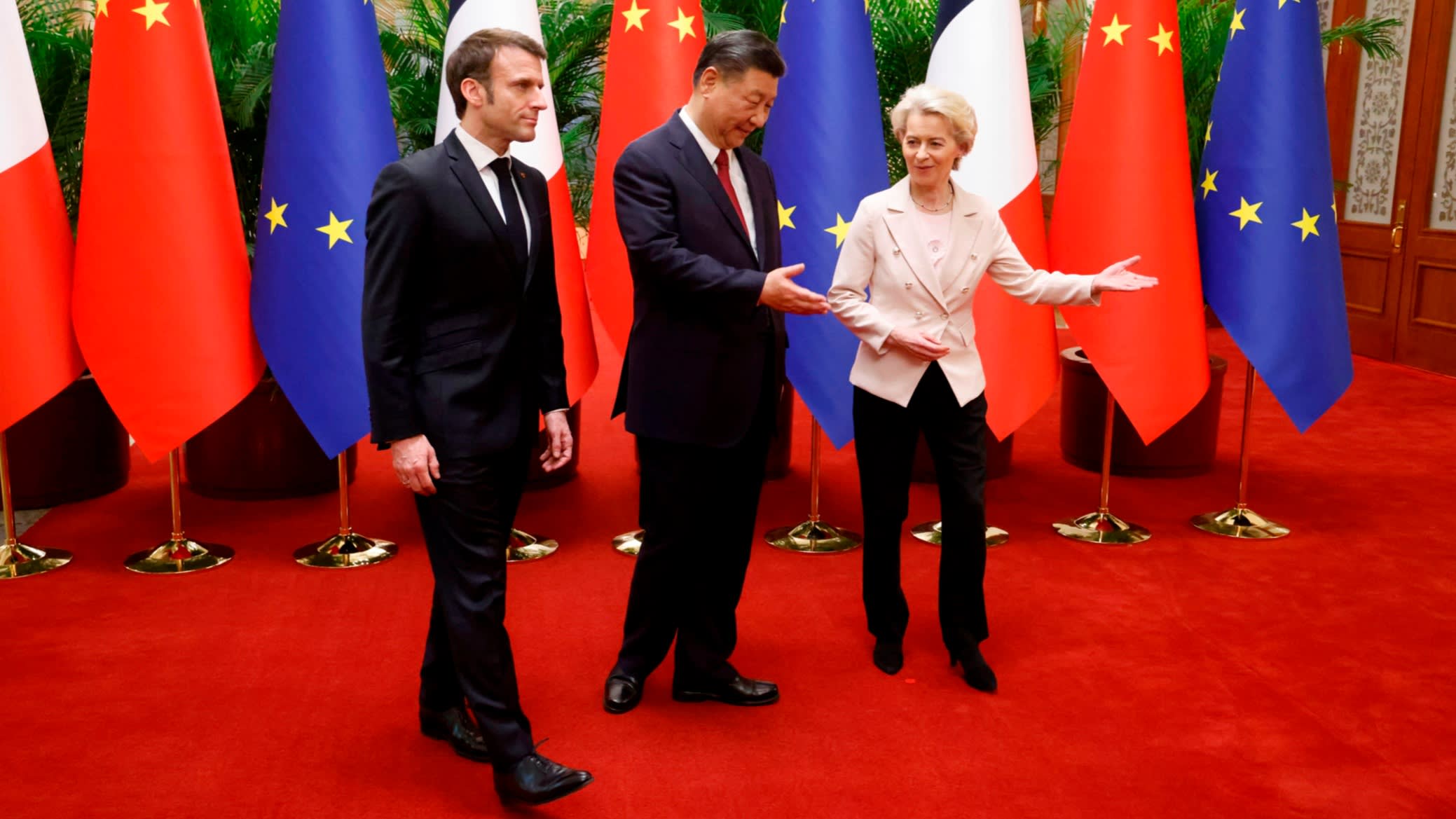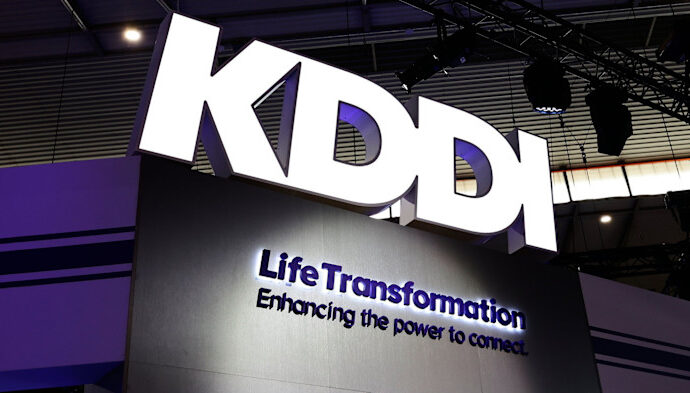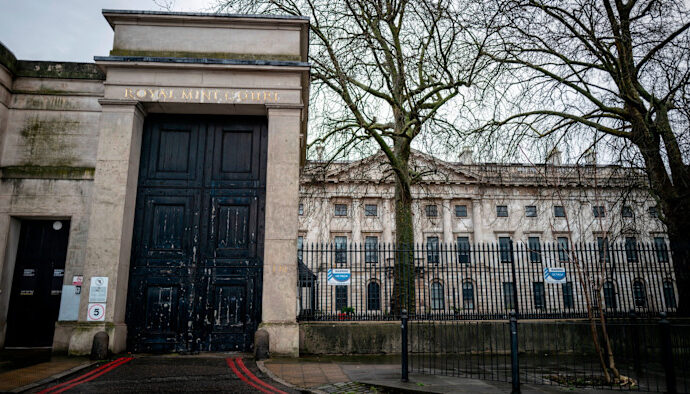
Brussels has urged EU member states to back proposals for tougher economic safeguards against rivals including China and Russia after several capitals questioned the need for tighter rules.
European Commission president Ursula von der Leyen on Tuesday said she would work with EU governments to press for a regime to scrutinise outbound investments, alongside an improved system of export controls in highly sensitive technology.
Recent events, such as Russia’s full-scale invasion of Ukraine, “revealed inherent vulnerabilities of our economies, and have opened our eyes to the increasing and increasingly complex risks to national security and economic resilience”, she told reporters in Brussels.
While the EU favoured open trade, “the world has become more contested and geopolitical and there is a limited set of key technologies that can be used in a different and in an aggressive way”, she said.
But one EU official said governments shared “a general reluctance” to go too far. “Caution and prudence is the word from the member states — let’s not jump ahead of ourselves when it comes to proposing new instruments like outbound investment screening.”
Valdis Dombrovskis, the trade commissioner, called on member states to implement screening of inward investment as only 21 of the 27 have done so.
Scrutinising outbound investment would take it into “uncharted waters”, EU foreign policy chief Josep Borrell warned, and would take time.
While the US has long been debating the idea of outbound investment screening, the Biden administration has yet to announce its own regime.
Many member states, including Germany and France, are wary of sticking too closely to the US line, as they defend their extensive trade and business links with China, the world’s second-biggest economy.
Von der Leyen repeated her call to “de-risk” from China but also stressed that most trade should continue. “The vast majority of trade and economic relations with countries and also China is business as usual,” she said.
Washington has, meanwhile, also started calibrating its approach towards Beijing after years of deteriorating relations. Secretary of state Antony Blinken visited China’s capital on Monday and said that his country had made “progress” in stabilising bilateral relations. Both countries “have an obligation to manage this relationship responsibly”, he added.
One EU diplomat said capitals had given “a relatively unenthusiastic response” to the new tools during discussions with the commission. “There’s recognition that some sort of framework is necessary, but caution in what it would mean. Nobody wants it to be used as another tool for protectionism,” the diplomat said.
“Everyone agrees we need to do something but they want this to be a very considered process” given how high the stakes are, said another EU diplomat.
Accordingly, the strategy emphasises the importance of analysing the main risks and identifying possible gaps in its economic policy arsenal, rather than rushing to new proposals.
Any new EU powers would be targeted and narrow, Dombrovskis said, and in line with international trade rules. Business would also be consulted.
EU leaders will discuss the document at a summit next week.
But even the Dutch government, which has announced that it will limit the export of the most advanced chipmaking machines to China, has expressed caution over the ideas.
Liesje Schreinemacher, enterprise minister, said screening was a “very heavy instrument” and Brussels should provide evidence of why it was needed.
“We are in many countries in the top five largest investors in the world. So that would be quite a test for us,” she told the FT. If it is necessary it should be limited to “strategic sectors” such as ports, telecommunications and healthcare, she said.
Brussels is under pressure not to fall behind the US as Washington considers its own approach.
After the latest meeting of their joint Trade and Technology Council in May the two sides declared that “appropriate measures designed to address risks from outbound investment” could be considered to complement existing tools of export controls and inbound investment screening.


